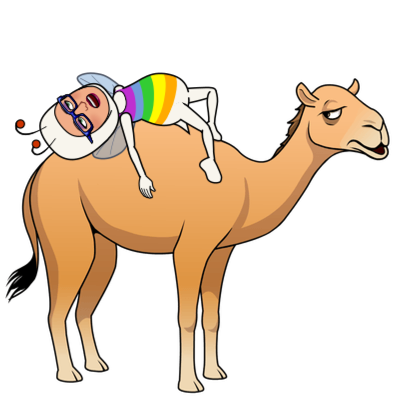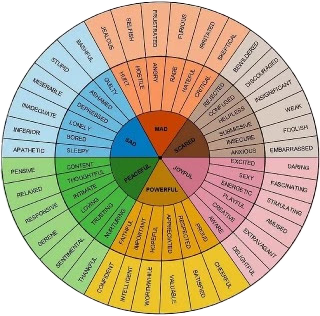Wondering Wednesdays
So often Wednesdays are referred to as ‘hump day.’ Since it marks the top of the workweek mountain, when it is over most people breathe a slight of relief knowing that in two days weekend freedom arrives. It is a great time for everyone to reflect on their progress. It’s a time to celebrate success or if faced with failure then positively acknowledge the shortfalls then pivot.
I have always admired those curious people in my life who ask questions without overstepping boundaries. It is a delicate dance that most people struggle to perfect. In addition, I have tremendous respect for those who ask poignant questions about their own behaviour and decisions. This ability to honestly self-reflect, or as in step 4 of the 12-step program refers to “making a searching and fearless moral inventory.” Interactive wondering helps us grow and keeps us humble.


Teachers, leaders, and parents ask questions as provocateurs and in turn, encourage students to also ask questions. As Steven Covey states we should be seeking to understand rather than concerned about being understood. Or as Elizabeth Wiseman coaches us, it is through asking questions that we become multipliers.
In the classroom, we use the Q-chart to help us illustrate to students how they can formulate questions that dig deep and provide us with more details and understanding of a topic. It shows them the difference between a superficial question and one that requires more thought and challenges that the answer is complex not yes or no. It is a great reference for parents in asking questions of their children.
What would I do differently as a parent and a teacher? Wonder Wednesdays would be the theme mid-week. As a teacher, I had a Q-chart up in my class, but I have to say if Wednesdays were devoted to asking questions throughout the day actively using the Q-chart, I believe that simple routine would have built more awareness and skill. At home, I would have laminated a Q-chart placemat. At mealtime, I would have passed it around or invited the person sitting at the Q-chart placemat would be invited to ask a question off the Q-Chart. It would have been a quick simple homework practice for the whole family. Questions checking in on how things (goals) were progressing with family members might lead to discussions about embracing failure, resiliency, and pivoting in the face of difficulties.
Let me leave you with this quote:
“The best scientists and explorers have the attributes of kids! They ask questions and have a sense of wonder. They have curiosity. ‘Who, what, where, why, when and how!’ They never stop asking questions, and I never stop asking questions, just like a five year old.” – Sylvia Earle


Quick Take Away Links
Asking Questions:
- https://www.entrepreneur.com/article/380818
- https://www.fastcompany.com/3056318/how-the-most-successful-people-ask-questions
- https://www.inc.com/ron-gibori/why-successful-people-never-ask-for-answers.html






